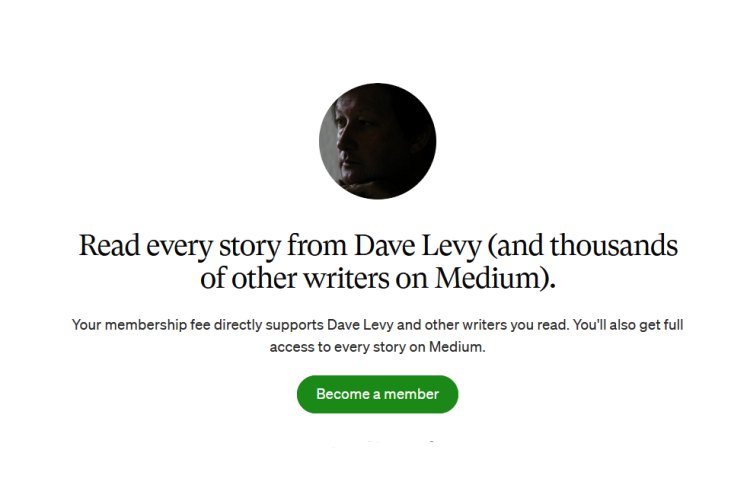I have been pointed at China’s Social Credit Scoring plans via two routes. The first is this extract published at Wired from Rachel Botsman’s book, “Who can we trust”. This details the Chinese Governments plan to build a social credit scoring scheme, but the sources and incentives are horrendously comprehensive, including their leading match making agency. (It’s taken me some time to read this article, an I have bookmarked and annotated it in my diigo feed.) Worrying things about the Chinese scheme is that voluntary participation becomes mandatory; while rewards and incentives are at the forefront of everyone’s mind today, control and punishment is planned, in the Chinese case in the short term they are talking about foreign and domestic travel restrictions but as I note, the countries leading dating agency is one of the surveillance agencies. There is also talk of social investment loans (helicopter money) which become available on the basis of social scores.

The second route was an article on Medium by someone who got banned from AirBnB. He pointed at an article on Buzzfeed, “A Chinese-Style Digital Dystopia Isn’t As Far Away As We Think” where a series of regulatory decisions in the USA seem to be paving the way to something similar, a powerful illustration that the argument that surveillance is OK if it’s private sector is horrendously false.
One worrying aspect of the proposed Chinese system is that your reputation is as good as that of your friends and we have idiots trying to replicate it with peeple, and reading up on that has started me worrying about Linkedin and its competitors and we all know we should get off facebook.
The wired article came before machine learning and massive scale AI became a hot topic, but it’ll be interesting to see what happens to social credit scores when they let rip with the application of machine learning. The automated derivation of reputation scores also raises issues of safeguarding, libel and context. Safeguarding and libel laws require the machines to tell the truth, in fact safeguarding may require machines to hide the truth. Context requires a level of nuance that we are unsure if machines will ever have, but even if they get there, justice and judges must remain human and the code must be open; China’s & Facebook’s is not!. The GDPR gives data subjects rights, perhaps its time to revisit the seven principles.
Of course in the UK, we have our very own examples of machines and data sharing getting it wrong. Sajid Javid, the Home Secretary has suspended the intra-government and some of the other immigration data sharing as a result of the backlash on the Windrush scandal. (I wonder if this I an excuse to look again at the DPA Immigration Exemption clauses.) Much of what is happening in China and the USA is also happening in the UK, it’s just that the surveillance agents are the US owned datenkraken and the British State have legalised the hacking of their data streams.
What’s happening in China is terrible, but our governments are following suit! The price of freedom is eternal vigilance. …







